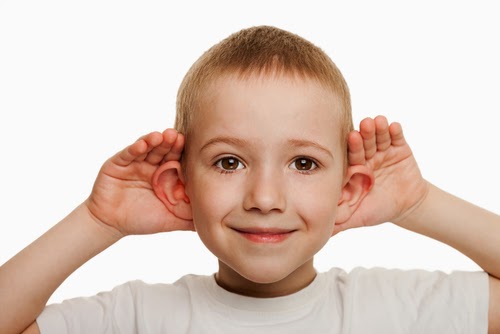Wednesday, January 14, 2015
Sensory Exploration Begins at Birth, Shaping Our Learning and Memory
Before your child is born, he or she hears sounds in the womb. That’s why, as a newborn, a baby can distinguish the mother’s voice from other voices. Very early on, a baby can tell the difference between sweet and salty tastes, will gravitate toward good smells and can feel comforted by a soft, warm blanket.
As a baby’s senses become heightened with age, that contented, happy nature may change. He or she may become newly annoyed by a wet diaper or reject the texture of a new food. It may be confusing or annoying as a parent, but these changes are signs that your child is beginning to make more sense of the world.
Children and adults alike learn and make memories through their senses, which makes encouraging sensory exploration at a young age important.
Learning
Have you ever had someone try to teach you a concept without seeing or experiencing it for yourself? Learning through sight, sound, smell, taste and touch is much easier than just having the concept described to you.For example, picture trying to explain the word "melt" to a child. You would quickly find it’s much easier to get your point across if you have the child hold an ice cube and watch as it slowly shrinks and drips.
In a more drastic example, children are sure to immediately learn the word "hot" if they try to eat a steaming bowl of soup. By facilitating safe sensory exploration, you give your child the chance to investigate objects and materials and learn how the world works.
Memory
Have you ever smelled a particular perfume or tasted a certain food and been transported back in time to a memory from your youth? Sensory experiences and memories are closely related. Children are most likely to build memories based on sensory exploration when they're young. Having a good memory is a skill that will help your child for a lifetime, whether in school or while completing day to day activities.Image via Shutterstock.com
Subscribe to:
Post Comments (Atom)

0 comments:
Post a Comment